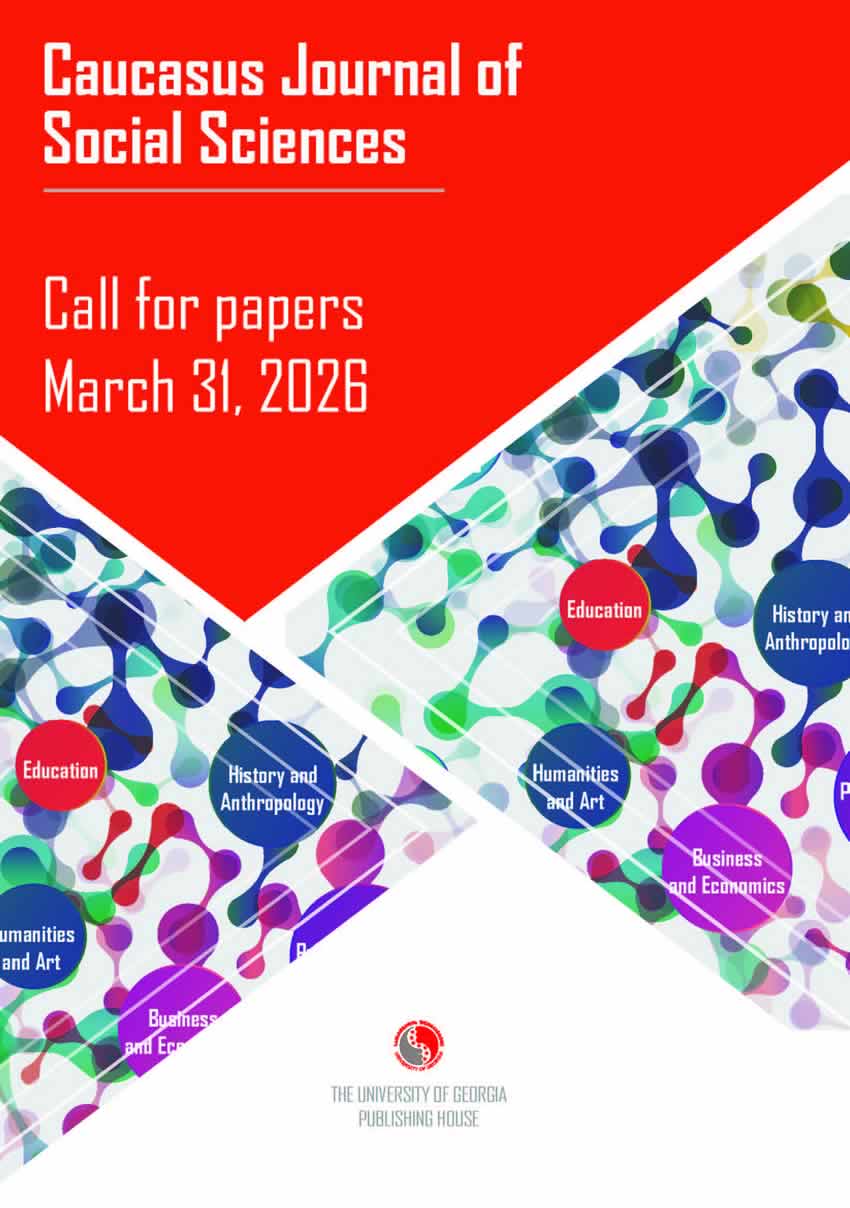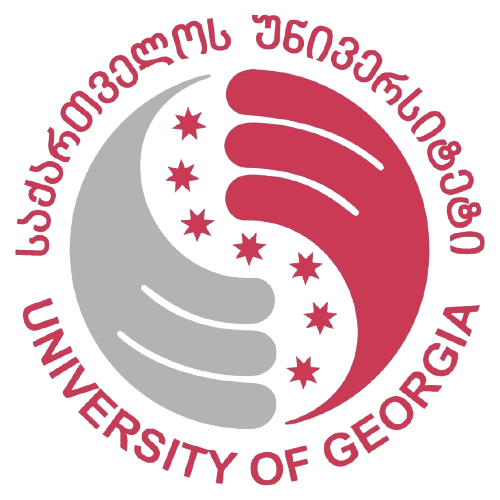Moral and Psychological Sustainability of Georgian Military Personnel Participating in International Missions on the Example of the "Shavnabada" Battalion
DOI:
https://doi.org/10.62343/cjss.2021.196Keywords:
mission, personnel, Afghanistan, missions, readiness, deployment, NATO, battalion, servicemen, IraqAbstract
Georgian Defense Forces (GDF) has participated in the NATO international Counter-Terrorism Mission since 1999 in Kosovo, Iraq, Afghanistan, Mali, and the Central African Republic. Before the deployment to the mission, GDF units were trained under a pre-deployment exercise program at the National Training Centre. From the missions mentioned above, the already completed mission in Afghanistan should be singled out, as it was mainly a combat mission. From the Georgian commitment to the mission, thirty-two servicemen were killed in action, and many Georgians were maimed or wounded in Afghanistan. The military personnel were required to perform the task under challenging conditions, which always caused stress. The operational environment and mission conditions required psychological preparation before, during, and after the mission. This article covers the results of the surveys conducted at Bagram Air Base in Afghanistan during the Resolute Support Mission (RSM) starting from June 2020, including January 2021, to assess the moral and psychological resilience of "Shavnabada" battalion personnel. The survey, conducted pre-, during, and post-deployment, indicated issues regarding personnel moral and psychological readiness and a requirement of retraining leadership to increase their understanding of possible existing problems. Furthermore, leaders and psychologists needed maximum involvement in international missions to sustain deployed personnel's moral and psychological well-being, fix problems, and enforce preventive measures.
Downloads
Published
How to Cite
Issue
Section
License
Copyright (c) 2024 Vladimer Natenadze

This work is licensed under a Creative Commons Attribution 4.0 International License.
In case an article is accepted for publication it is allowed to combine the article with other research, to conduct new research on the article, or to make different arrangements on condition that the same license is used including commercial purposes.
As an author of an article published in the Caucasus Journal of Social Sciences, you retain the copyright of your article and you are free to reproduce and disseminate your work.











